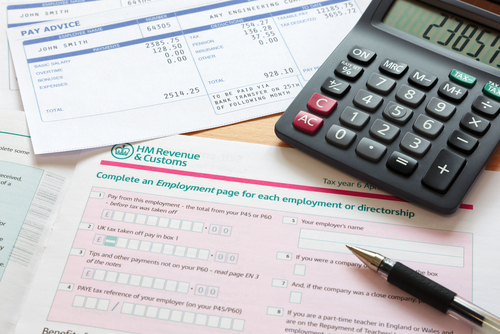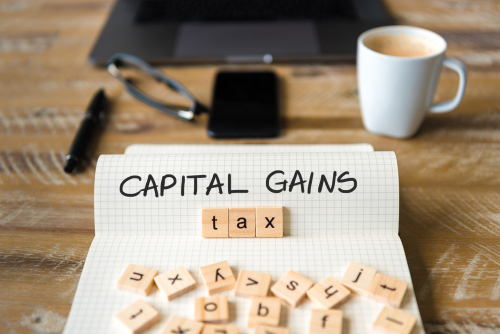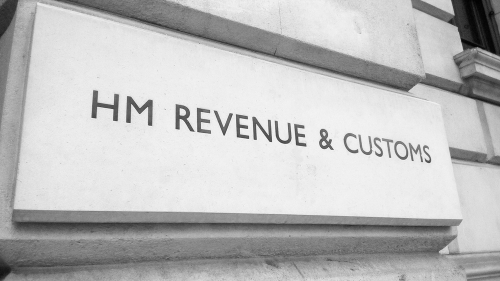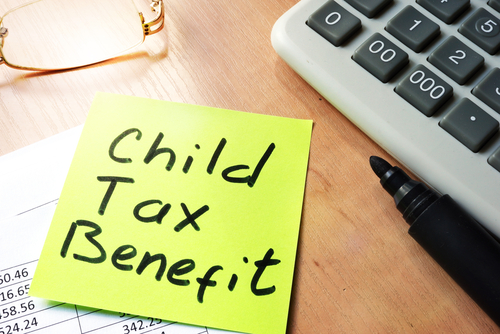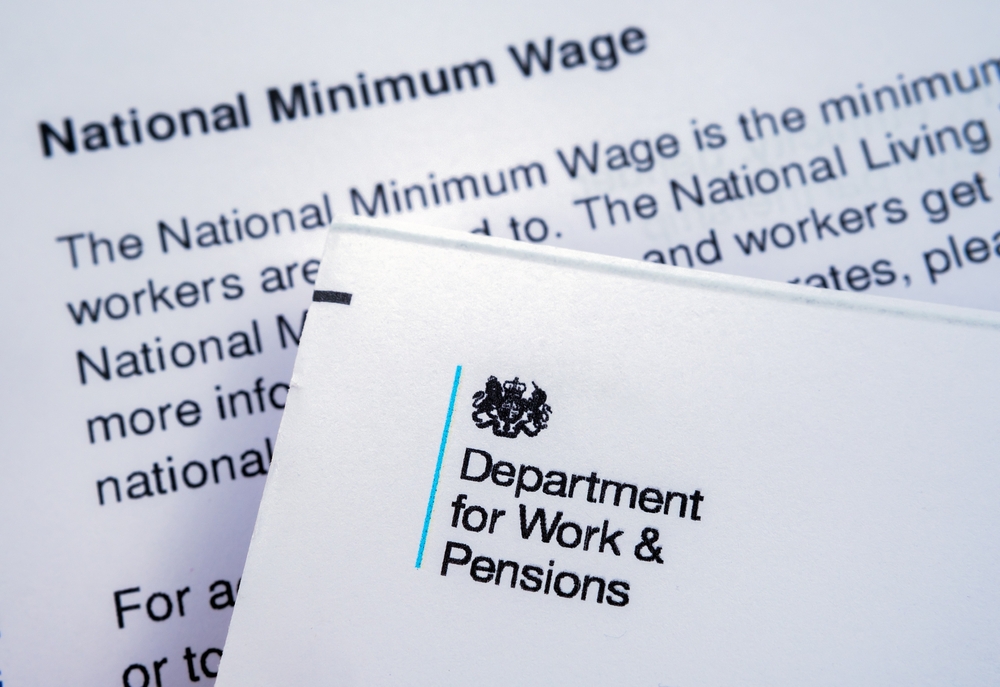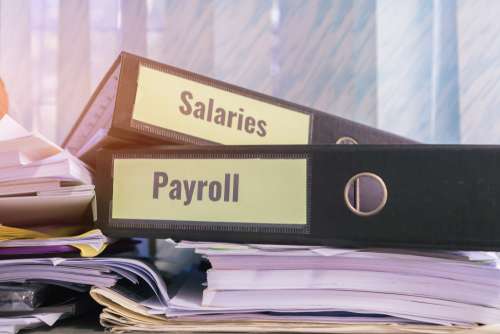
Strict reporting deadlines apply under Real Time Information (RTI). Employers are required to report employees’ pay and deductions to HMRC electronically on the Full Payment Submission (FPS) at or before the time that the payment is made to the employee. Employers who report late for more than one tax month in the tax year are charged penalties. While HMRC do allow a three-day period of grace and will not charge a penalty if the employer occasionally reports in this window, this is a concession rather than an extension to the deadline and should not be relied on.
In December, many employers opt to pay their employees on a day other than their usual payday. This may be because the normal payday falls on a bank holiday or because the business closes over the Christmas and New Year period. An employer may also choose to pay employees early in December as a goodwill gesture.
In 2019 HMRC introduced a permanent easement where employers paid their employees earlier than usual over the Christmas period. Rather than requiring pay and deductions to be reported by the actual payment date, instead the employer should use their usual or contractual pay date as the payment date in the FPS and ensure that it reaches HMRC by that date. As long as the FPS is submitted by the usual payday it will not be regarded as late by HMRC, even if the employees were paid on an earlier date. The reason for the easement is to help protect employees’ entitlement to Universal Credit.
Example
An employer normally pays its employees on the last Friday of the month. In December, this falls on 29 December 2023. However, as the employer shuts during the Christmas week, opening again on 2 January 2024, employees are instead paid on the last working day in December, which is Friday 22 December 2023.
While it may be convenient to send the FPS when running the payroll on that date, the employer should still report the payment date as the usual payday of 29 December 2023. As long as the FPS is submitted by 29 December 2023 it will be treated as having been filed on time.
